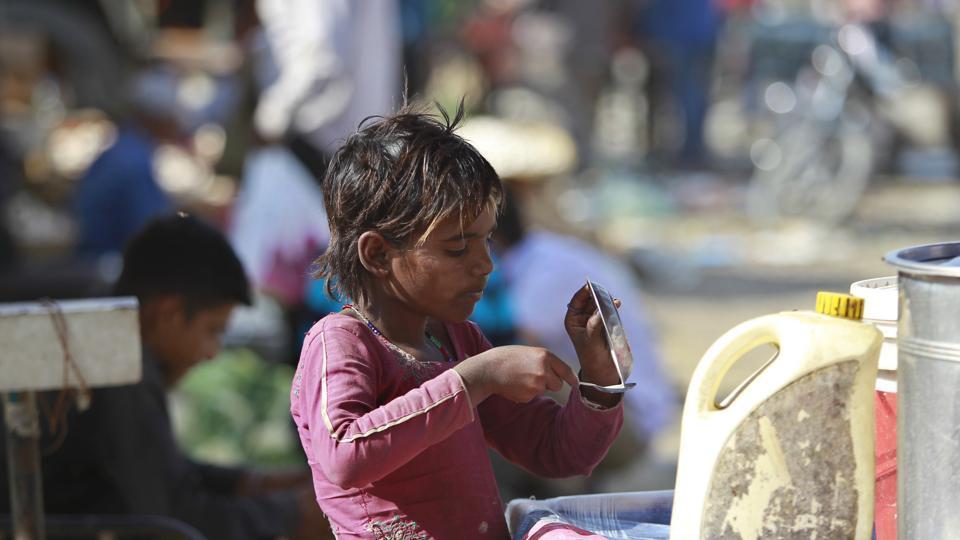prasad1
Active member
India is ranked 102nd in the Global Hunger Index, 2019. It is way behind the other Brics countries: Brazil is 18th, Russia is 22nd, China is 25th, and South Africa is 60th. India is also behind all its neighbours: Sri Lanka (66), Nepal (73), Bangladesh (88), and Pakistan (94). A Unicef report on stunted growth in children also puts India towards the bottom of the global list. Now that India’s GDP growth is floundering, the blame game has begun. Who is responsible for the declining growth of the GDP and the slackening of consumer demand — the National Democratic Alliance government running into its sixth year, or the United Progressive Alliance government which ruled in the 10 before?
The truth is that India’s problems are much deeper, and are not visible through the measurement of its GDP. India’s citizens have been let down by a flawed economic model which both political dispensations have adopted. Its premise is that growth at the top will pull the bottom up. It has not. India’s economic policymakers should consider the other way: The growth of human development at the bottom will push up growth at the top. It is worth noting that China reached the levels of human development (health and education), which India is still striving to, 30 years ago when China’s economy was much smaller than India’s is now. Human development provided the foundation for China’s remarkable growth.
Employers in India complain about the poor quality of India’s abundant human resources, a fundamental cause of which is poor education in government schools. The Delhi government’s mission to improve education in government schools, which serves the masses, has produced impressive outcomes. Thus, its citizen-centric policies are improving the economic fundamentals for investors by increasing consumer demand and building human capabilities too.
Delhi has the lowest power tariff among all Indian cities. The state government has also been expanding access to cheap power with special concessions to the poorest consumers. The consumer base of the distribution companies has expanded by over 20%. Despite constant reductions of tariffs for five years, the financial performance of the three (all private) distribution companies has improved, and they have been upgraded to stable by rating agencies. It is a win-win for citizens and businesses.

 www.hindustantimes.com
www.hindustantimes.com
The truth is that India’s problems are much deeper, and are not visible through the measurement of its GDP. India’s citizens have been let down by a flawed economic model which both political dispensations have adopted. Its premise is that growth at the top will pull the bottom up. It has not. India’s economic policymakers should consider the other way: The growth of human development at the bottom will push up growth at the top. It is worth noting that China reached the levels of human development (health and education), which India is still striving to, 30 years ago when China’s economy was much smaller than India’s is now. Human development provided the foundation for China’s remarkable growth.
Employers in India complain about the poor quality of India’s abundant human resources, a fundamental cause of which is poor education in government schools. The Delhi government’s mission to improve education in government schools, which serves the masses, has produced impressive outcomes. Thus, its citizen-centric policies are improving the economic fundamentals for investors by increasing consumer demand and building human capabilities too.
Delhi has the lowest power tariff among all Indian cities. The state government has also been expanding access to cheap power with special concessions to the poorest consumers. The consumer base of the distribution companies has expanded by over 20%. Despite constant reductions of tariffs for five years, the financial performance of the three (all private) distribution companies has improved, and they have been upgraded to stable by rating agencies. It is a win-win for citizens and businesses.

From trickle-down to bottom-up, India needs to rethink its economics |Opinion
Investing in human capabilities will yield sustainable growth in the long-term. Delhi is showing the way
